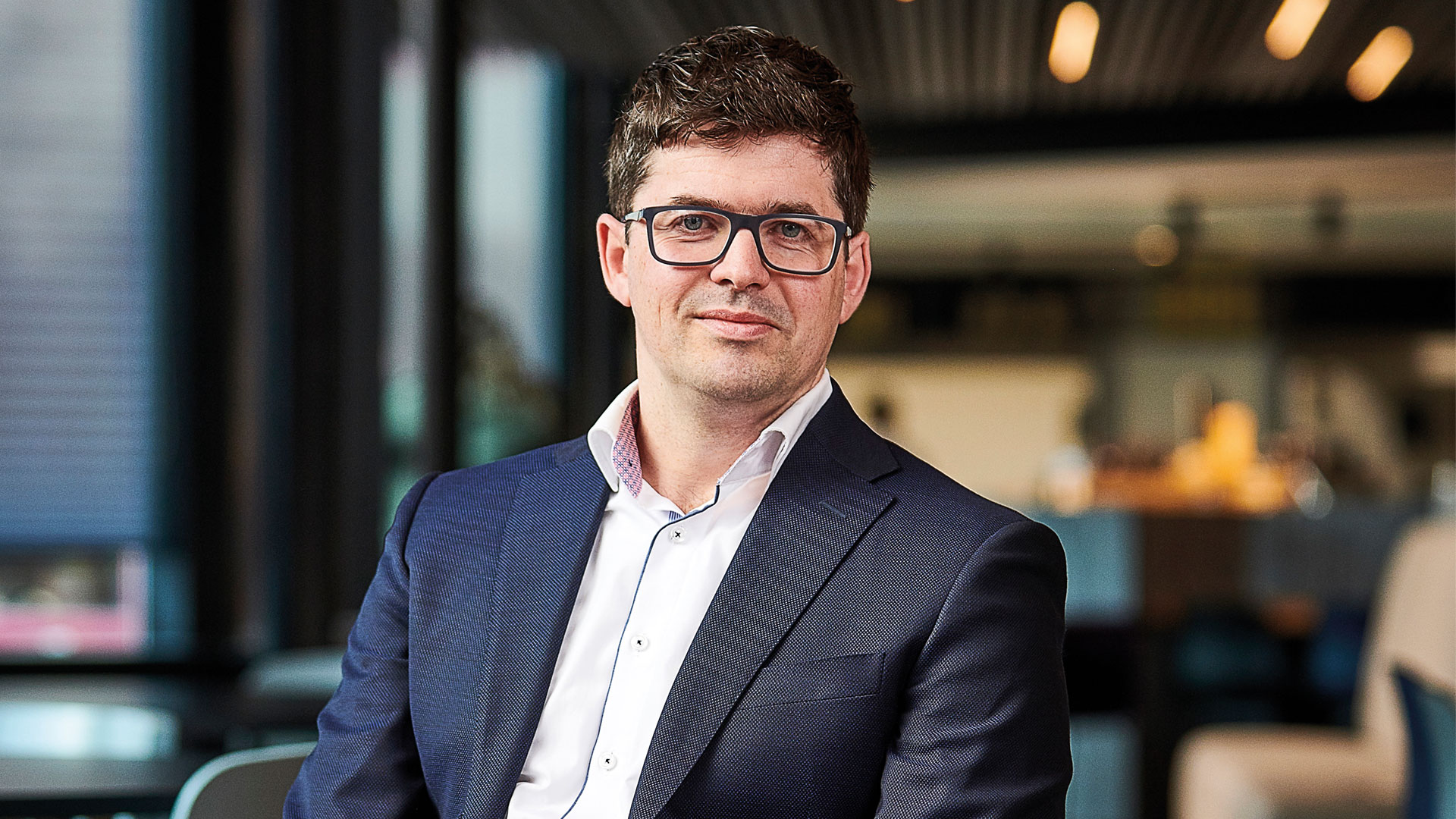
With a passion for preparation matched by his love of a two-wheeled challenge, Paul Schreurs, Group Treasurer at Intertrust has learnt how to keep himself on top form professionally and personally.
In your career so far, what lessons have you learnt?
I’ve certainly observed a common association between the trio of finance and accounting, tax, and treasury. It’s a triangular relationship that I feel is extremely important to keep in alignment because there is always the risk that, if we don’t, some aspect will fall between the cracks. Although all three functions report up to the CFO, I believe that the strength of the relationship is maintained only with regular communication. In fact, there are many aspects of our work that overlap so communicating openly gives us a strong basis for the health of the overall finance function.
Within my own department, I’m an adherent to the philosophy that ‘preparation prevents poor performance’. It’s particularly applicable when answering key questions from senior management. I think there is evidence of my preparedness in my ‘standard’ treasury reports. I’ve formatted these to contain all the essential treasury facts and figures, detailing core elements such as debt positions, value and location of all cash balances, hedging instruments, FX rates, interest payments, volume of equity and outstanding treasury shares is invaluable. The reason I do this is simple: if I’m asked a question, I want to be able to answer it immediately. Having my treasury book with me at all times is a robust basis for being able to do this.
Describe you approach to treasury
I have a pragmatic approach based on keeping things simple. I always have to be able to explain things in simple words to the executive committee – if I cannot explain it very simply, then it is probably too complex and risky and we shouldn’t do it.
What drives you?
I’m not afraid of tackling intense projects because this is where the real rewards are to be found. I led Intertrust’s recent refinancing where, having developed the proposal for a hybrid financing structure, I used our first ever bond issuance to tap the capital markets, running this in parallel with a new bank financing programme designed to give us a diversification of funding and the right currency mix, and extended maturities. The timing of the issuance purposefully coincided with the release of our Q3 figures and this proved to be the perfect window of opportunity for going out on the roadshow. The book went on to perform very strongly, being significantly oversubscribed, enabling a very good pricing outcome.
Running a project like a complete refinancing reminds me, as a keen cyclist, of climbing Mont Ventoux. You always have to keep the summit in mind but, in the moment, you only focus on the next hairpin. Finally reaching the summit and looking back at the way to get there can be very rewarding.
What would you say are the key characteristics that make you a successful treasurer, and how can these be developed?
I’d describe myself as an analytical, dedicated and result-oriented individual, and I’m utterly convinced of the need for planning and preparation. Because of that, I can see the value in the awareness that I got from a recent Insight Discovery ‘Colour Energies’ training course.
Red, yellow, green and blue represent different psychological states. These can be loosely classified as having a focus on results, interaction, harmony, and analysis, respectively. These colour modes inform different characteristics, and likely reactions under certain circumstances.
I think it is advantageous to be able to recognise the dominant colour energies in others, and be able to adapt our own ‘energies’ to better meet their needs. You need each of these energies at certain times as a treasurer,but a focus on results and analytical skills is most important. So,although finance people are typically ‘blue’,I believe that there is a strong aspect of ‘red’ in the successful treasurer too.
For up and coming treasurers, I highly recommend reading Stephen Covey’s ‘The 7 Habits of Highly Effective People’. In my early career, it was a very useful guide. It gave me a strong understanding of what’s important, such as being proactive and always keeping the end-goal in mind.